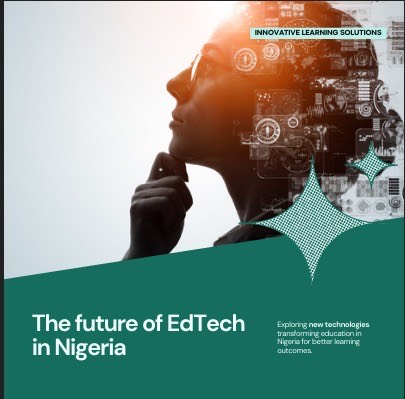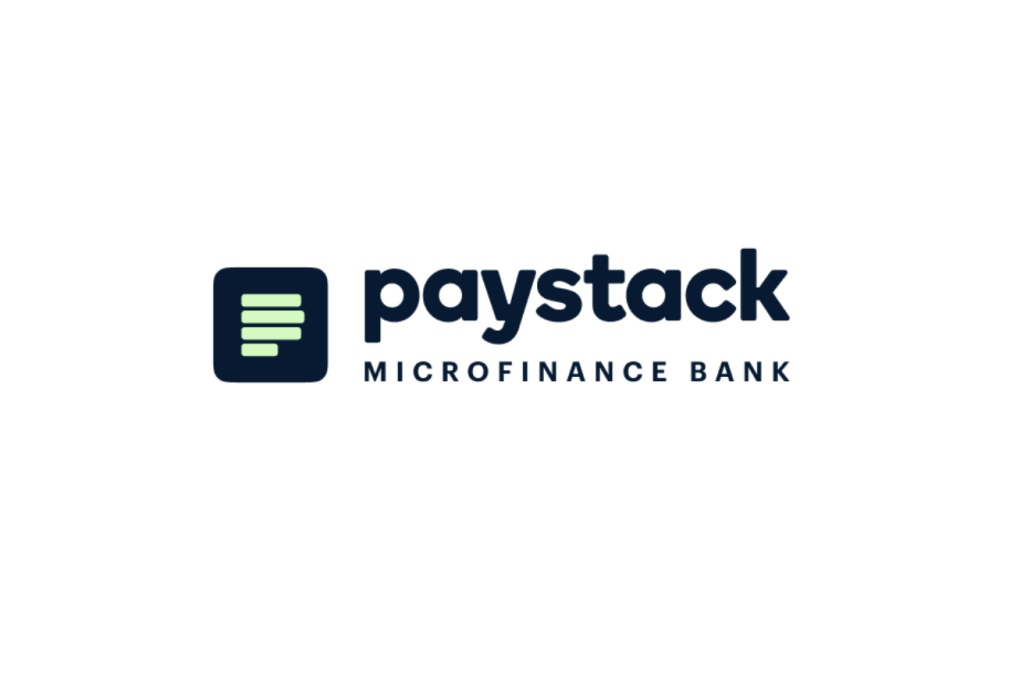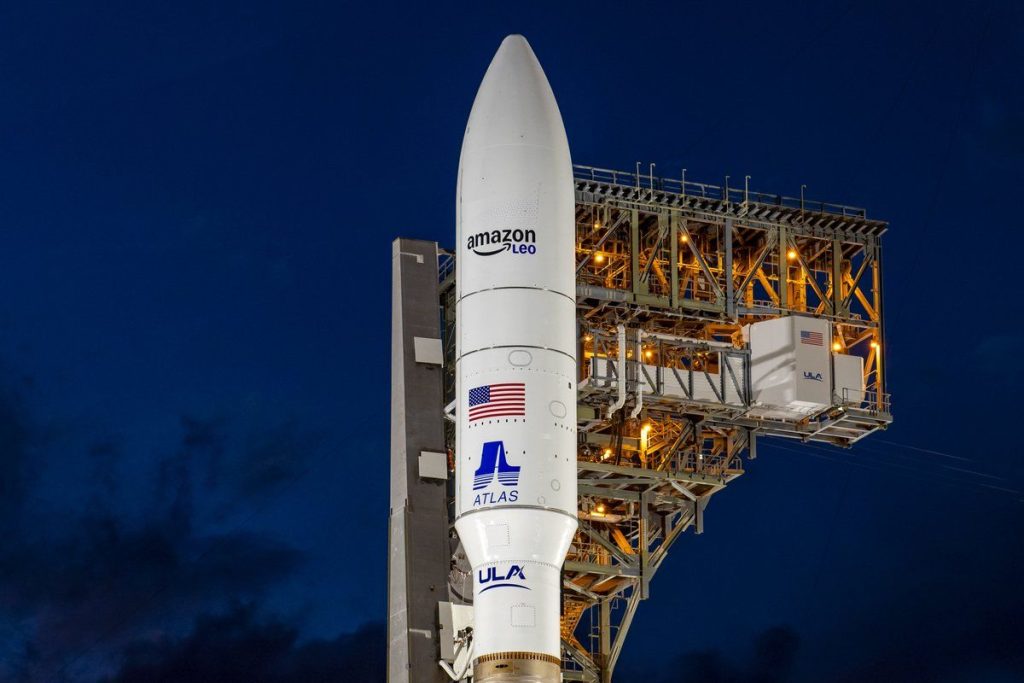By Ayo Sanwoolu

- The Imminent Technological Revolution
AI is already pervasive and will become even more overwhelming with the advent of AGI. It has been heralded to be the greatest invention known to man. Add to that, the latest developments in Quantum computing, where Google’s superchip estimates that it would take us 10 septillion years (good luck with that calculation) to be as efficient. Need we bother to highlight the advanced trials of multifunctional robots and the mass production of humanoids, the renewed interest for commercial power utilization of nuclear power? Now imagine a world where all these are at peak deliverable efficiency – it is the foreseeable future that yearns for strategic positioning, and proactive participation, not making wishes upon stars.
- Africa’s Demographic Paradox and Nigeria’s Crucial Role
In a twist of a global demographical paradox, whilst some continents are worried about a rapidly declining population, Africa has no such problems. Ironically, migration from Africa to these population- declining continents often encounters diplomatic resistance, suggesting that population is not merely about numbers but economic contributing numbers. Nigeria, the “giant” of Africa, must not only reverse this migration trend but must harness the potentials of its population size. Basic quality education should form the bedrock of intentionally empowering its burgeoning population. The state of basic education is dire. According to UNICEF, 70% of children aged 10 in Nigeria cannot read or comprehend simple text, underscoring the urgent need for intervention. With the many possible interventions of AI, how can Nigeria leverage AI to stand tall in global educational conversations?
- EdTech and AI: Transforming Education at the National Level
Since the global COVID-19 pandemic, EdTech in Nigeria has been on the rise due to the adoption of remote working and learning. Recently, Covenant University, Ota unveiled a virtual chemistry lab, allowing students to remotely access the full complement of a physical lab. These digital literacy interventions, mobile learnings, etc. should not be piecemeal, standalone innovations. Key stakeholders in the education sector should build a wholesome ecosystem to channel these innovations into scalable, deliverable solutions addressing the limitations, challenges, and neglect of the education sector in Nigeria.
A thriving EdTech ecosystem requires coordinated efforts to align technological innovations with local needs. For instance, developing curriculum-aligned AI tools that incorporate culturally and linguistically relevant content can make learning more engaging and effective. Additionally, partnerships between startups and educational institutions can foster innovation while ensuring scalability. However, implementing AI-powered classrooms poses challenges such as high initial costs, resistance to change from educators, and the need for robust digital infrastructure. Addressing these challenges requires sustained investments, capacity-building programs for teachers, and community engagement to create buy-in for AI-driven education.
Globally, AI-powered tools like Duolingo, Squirreailearning, and Khan Academy have transformed learning by offering personalized and adaptive experiences to students. In India, the government’s partnership with AI EdTech platforms, such as Byju’s, has helped millions of students access quality education in rural areas. These examples demonstrate how scalable solutions can bridge educational gaps.
AI exponentially accelerates global change, rewarding early adopters. Hence the AI race wars. Whilst success in EdTech can take subjective interpretations, the dropout rate of children in rural areas or their limited learning resources (even in the business capital city, Lagos) should be a source of innate concerns. Success in education should not be only measured by the numbers of schools that exist; but by the quality of teaching and the expected ROI and VfM on budgetary allocations. More importantly, policymakers must ensure alignment between educational outcomes and national strategic goals to secure the country’s future.
- A Path Forward: Local Strategies, Partnerships, and Future Readiness
With the devolution of fiscal responsibilities to the Local Governments in Nigeria, conscious efforts in advancing technological interventions even at the remotest grassroot areas are now feasible. High- Speed Internet from StarLink, Solar powered dedicated study hubs with basic learning tablets are a good starting point. These hubs are fully automated AI Classrooms designed to gradually switch the curriculum from traditional classroom settings into smart, interactive learning environments. These hubs offer intelligent, customizable, multilingual tutoring systems, ensuring the limitations of traditional systems are mitigated. While initial costs may be high, the long-term benefits far outweigh the expenses, offering a lifetime of learning efficiency.
AI-led classrooms have shown success in countries like Kenya, where Eneza Education provides mobile- based AI tutoring to students in rural areas, reaching over 5 million users. Similarly, Rwanda’s partnership with Andela for AI-driven coding bootcamps highlights how targeted initiatives can yield scalable, impactful results.
There is an urgency to bridge the global digital divide, as full AI-led classes can significantly boost enrolment and retention, especially among those deprived of education, by providing high-quality, interactive learning materials wherever they are. This approach not only drives economic growth by empowering and educating the deprived—who are more likely to participate in the economy and create a ripple effect of prosperity—but also highlights the cost-effectiveness of investing in education. Moving forward, government ministries and agencies should integrate AI mobile classes into national education strategies, ensuring budget allocations for pilot projects and scale-ups. Public-private partnerships involving tech companies, NGOs, and local communities can accelerate the deployment of devices, infrastructure, and training programs. Robust monitoring and evaluation will be essential to measure impact, refine approaches, and share lessons learned across regions.
- Conclusion: Securing Nigeria’s Future by Finding an Equilibrium
Whilst AI can adapt lessons to match each student’s learning pace, helping top students reach their full potential and improving standards, the psychological impact of having a human tutor will be likely lost. Without human tutors to support students emotionally, there are concerns that relying solely on AI for education could create generations whose aspirations are dictated by AI, lacking strong psychological bonds. This indeed is a very expensive cost to pay but is ignorance really affordable?
The world stands on the cusp of a technological revolution that has already begun to reshape economies and societies. For Nigeria, harnessing the power of AI and related digital interventions is not optional— it’s essential for sustaining our growing population and nurturing a generation capable of leading the continent into the global future. With strategic partnerships, deliberate funding, scrupulous accounting and audit, and unwavering commitment, Nigeria can transform its educational sector, bridge the ever- increasing digital divide, and ultimately secure its place on the global stage. The time to act is now—the future of the nation’s youth and its global relevance depend on it.










